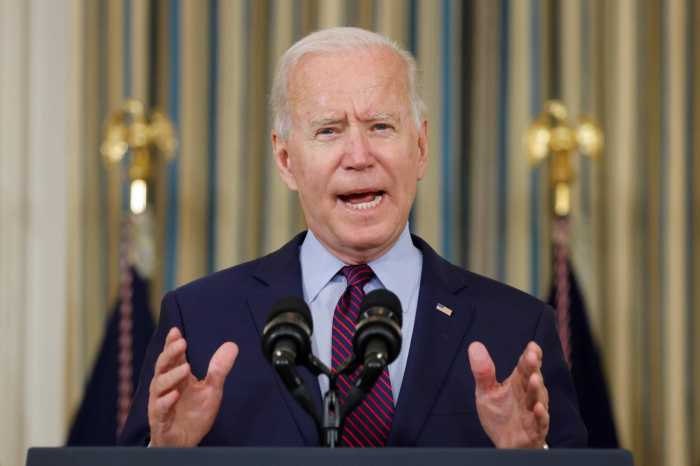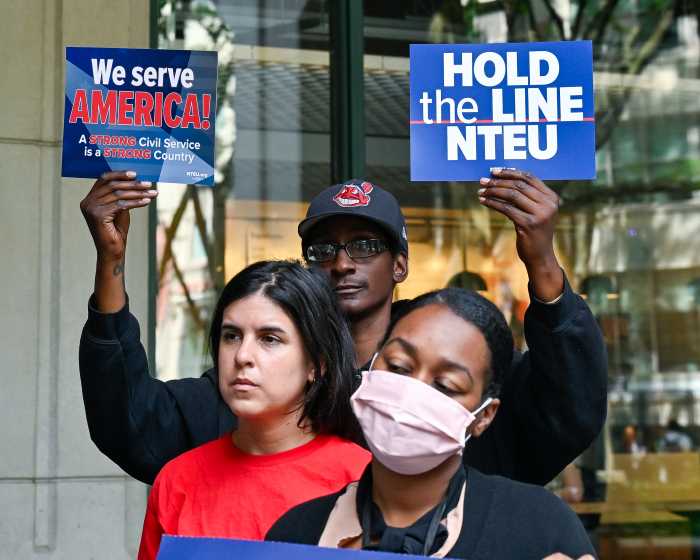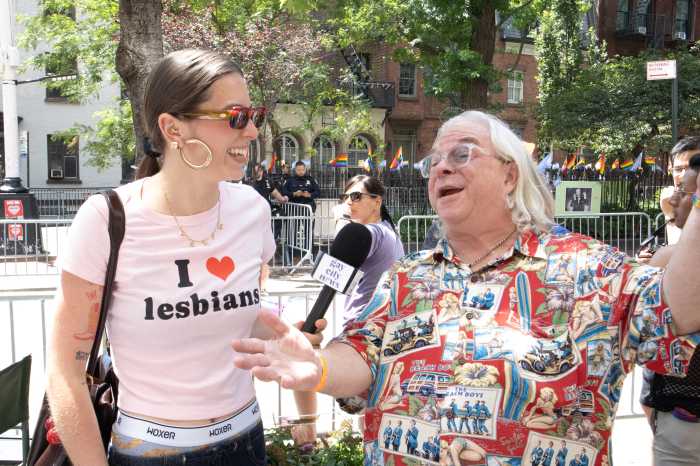Despite the United States Department of Education’s recent action to extend the pause on Federal student loan payments through May 1, 2022, student debt still looms as a national crisis impacting more than 43 million Americans who owe a combined $1.75 trillion in federal and private student costs.
However, the student debt crisis is not hitting American families equally. Black student loan borrowers owe an average of $25,000 more in student loan debt than white college graduates four years after graduation, according to data from The Brookings Institution. The Brookings Institution further reports that on average, Black and African American college graduates owe $52,726 in student debt, and research from the American Association of University Women found that Black women have the highest student debt among any racial or ethnic group. Four years after earning their degree, debt statistics show 48% of Black students owe an average of 12.5% more than they borrowed.
Education that improves career pathways and leads to thriving-wage jobs is one obvious solution to this income disparity. But before earning a degree, many Black students begin college with economic disadvantage that limits opportunity for advancement compared to their classmates. The latest findings of the American Council on Education shows that nearly 60 percent of all Black undergraduates come from low income backgrounds — a greater percentage than any other racial or ethnic group.
These imbalances continue after graduation. While education is a powerful tool that can help alleviate the racial wealth gap, the Brookings Institution notes that Black student debt reinforces existing gaps and the ratio of white family wealth to Black family wealth is higher today than at the start of the century. Today, the average white college graduate has over seven times more wealth than a Black college graduate and a white family has roughly 10 times the amount of wealth as the average Black family.
In New York City, Black students have suffered a disproportionate burden. The rate of student loan holders with debt in collections in Black and Hispanic neighborhoods — home to nearly three-quarters of the city’s Black residents — is 16%, according to the New York City Department of Consumer Affairs. That’s double the default rate (8%) found in predominantly white and Asian neighborhoods.
There has been some relief; programs that forgive student loans, such as the initiative to zero out $125 million in debt for 50,000 CUNY students, are commendable. Most recently, CUNY and SUNY stopped withholding transcripts from students with unpaid balances, a practice that New York’s governor rightly admonished as a barrier to opportunity. But to truly address this issue at its root, we need to look forward.
Education is due for a reimagining — one that reduces debt for learners from day 1.
Competency-based education, measuring skills and subject knowledge rather than time spent in a classroom, is one relatively new approach that has proven successful at lowering Black student loans. In 2020, the average debt of a Black student graduating with a bachelor’s degree from the nonprofit Western Governors University — which pioneered the model in 1997 and solely offers accredited, competency-based programs — was $14,988, compared to a reported $52,726 in 2016 by the Brookings Institution.
Then there’s philanthropic- and grant-funded education provided by nonprofits such as Per Scholas. Founded in the Bronx and now in 17 U.S. cities, Per Scholas provides tuition-free courses for people seeking tech careers. Students, 90% of whom are people of color, come away with no debt and workforce-relevant skills.
Innovative learning models are complementary to the traditional — and excellent — higher education options in New York. If we want to expand college accessibility and achieve more equitable post-graduation outcomes for Black and other historically underrepresented students, higher education providers, policy makers, and students must recognize the benefits of models that value skills-based mastery while addressing affordability.
Innovation is key to addressing Black student debt. We owe it to New Yorkers to advance new ways of delivering quality education without the inequitable financial burden.
Rebecca L. Watts, Ph.D., serves as a regional vice president for Western Governors University (WGU), a nonprofit, accredited university focused on competency-based learning with 3,000 students and 5,000 alumni in New York. She holds a doctorate in higher education leadership from Ohio University, and degrees in communication, including a master’s degree from the University of Illinois at Springfield, a bachelor’s degree from Sangamon State University, Ill., and an associate degree from Lincoln Land Community College, Ill.







































